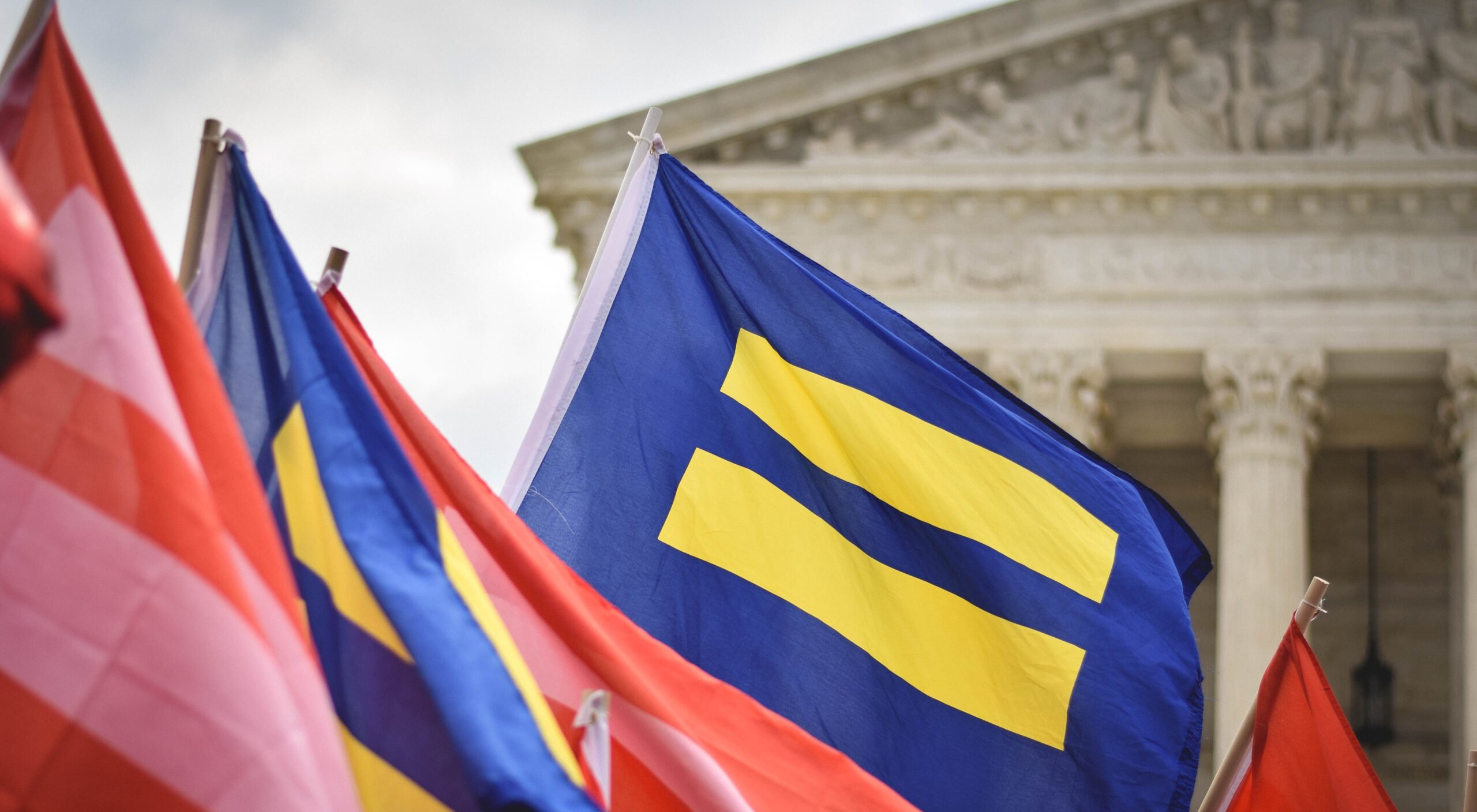Sexual Orientation and Gender Identity Protected Characteristics Under Title VII

In a landmark decision issued on June 15, 2020, the U.S. Supreme Court held in Bostock v. Clayton County, Georgia that sexual orientation and gender identity are protected characteristics under Title VII, the federal anti-discrimination law that prohibits employment discrimination on the basis of one’s race, color, religion, sex, or national origin. This decision applies to employers and employees across the country. It resolves a dispute among the federal circuits and states by holding that “[a]n employer who fires an individual merely for being gay or transgender defies the law.”
The court’s opinion was authored by Justice Gorsuch who was joined in his opinion by Justices Roberts, Ginsburg, Breyer, Sotomayor, and Kagan. The majority states that “[i]n Title VII, Congress adopted broad language making it illegal for an employer to rely on an employee’s sex when deciding to fire that employee”; an employer who discriminates on the basis of sexual orientation or gender identity necessarily relies on sex in its decision-making.
What does this mean for employers? First and foremost, this means that employers are prohibited from taking adverse employment action on the basis of an individual’s LGBTQ status. Adverse actions include, but are not limited to, termination, failure to hire, failure to promote, discipline, less favorable work assignments, demotion, and other decisions negatively impacting employment.
Further, employers have an obligation to protect employees from discrimination and harassment on the basis of their sexual orientation or gender identity, as well as other legally protected classifications. To ensure that employers are meeting their obligations, they should:
- Revisit anti-discrimination and anti-harassment policies. Clarity in these policies serves the employer’s interest by messaging to employees that harassment and discrimination on the basis of an individual’s sexual orientation or gender identity status will not be tolerated under the employer’s policies, whether or not it rises to the level of unlawful harassment. Policies should provide a means for employees to report potential discrimination and harassment based on these characteristics — as well as other protected characteristics — and should inform employees that they will not be subject to retaliation for making a report or participating in an investigation of potential harassment or discrimination.
- Investigate claims of discrimination and harassment in the workplace. Prompt and impartial investigations into potential discrimination and harassment are essential for an effective anti-discrimination and anti-harassment policy. At times, it may be necessary to engage a third party to conduct the investigation.
- Intervene and stop discrimination and harassment in the workplace. Employers have an obligation to affirmatively intervene and stop discriminatory or harassing conduct in the workplace that is based on sexual orientation, gender identity, or any of the other protected classes. Employers should advise all supervisors and management-level employees of this obligation because their actions may be imputed to the company. Early intervention and appropriate corrective measures serve to stop the conduct before it escalates to create an unlawful hostile work environment.
- Continue to train employees and supervisors on their rights and obligations in the workplace. Employers should routinely train employees and supervisors on the law as well as company policies regarding discrimination and harassment. This ensures that employees understand their obligations (1) not to engage in discriminatory or harassing conduct, (2) to report potential discriminatory or harassing conduct, and (3) to participate in good faith in investigations into potential discriminatory or harassing conduct and their right to do so without fear of retaliation. Routine training is required by law in some states and is a best practice for employers in all states.
Employers should consult with their Taft attorneys for further advice regarding the impact of this decision on their workplace policies and practices.
In This Article
You May Also Like
EPA Withdraws Endangerment Finding, Rescinds Vehicle GHG Emission Standards Another Push Toward CMMC Compliance — This Time at GSA